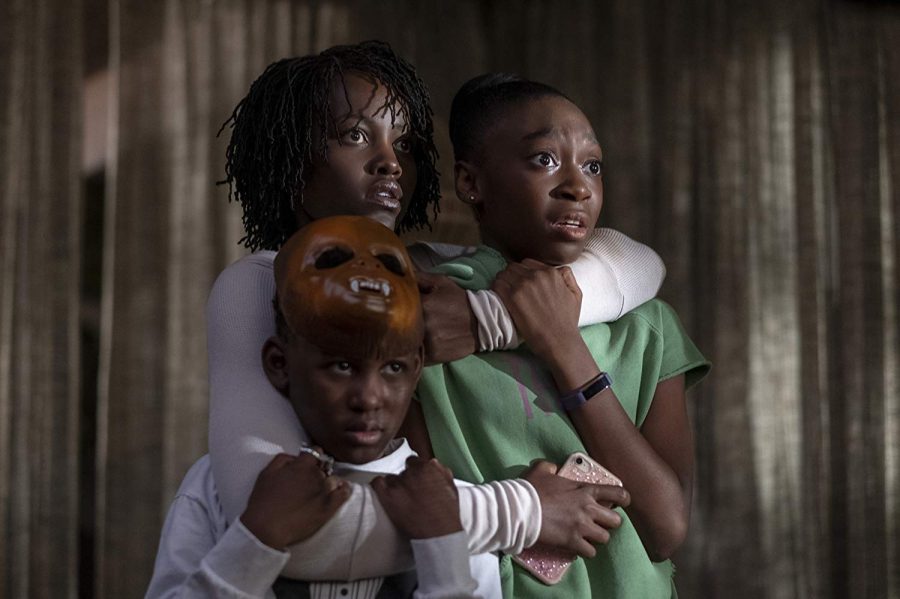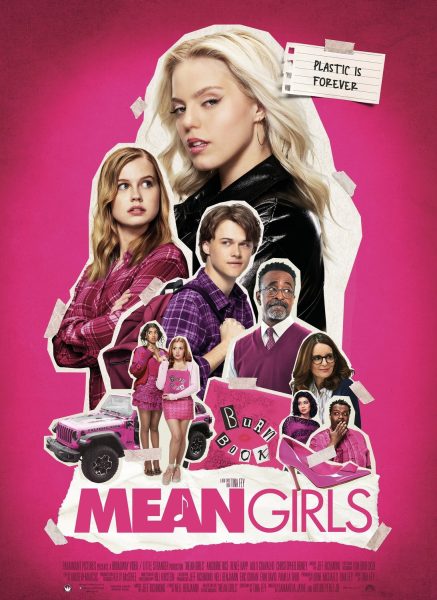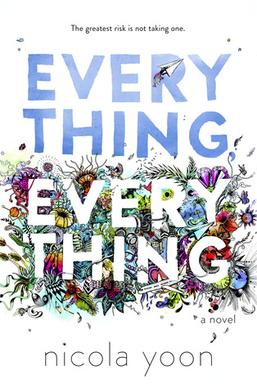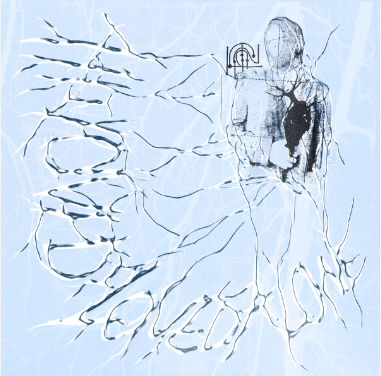Us: A True Mental Horror Story
April 30, 2019
Jordan Peele came straight out of the gate with one of the most interesting directorial debuts in years with Get Out, and the world was waiting impatiently to see what he had in store for us next. Will his next film just be Get Out 2? Anybody who has seen his new film Us would definitely respond with a quick denial. Us and Get Out have a relatively similar tone. The similarities stop there. Peele has done the best thing possible as a fledgling director–he has charted new territory.
Us begins with a typical horror movie formula–a family travels to their Santa Cruz vacation home for the summer which is fifteen minutes away from civilization, and their house is invaded by a group of “strangers.” The mother, Adelaide (the incredible Lupita Nyong’o), is uncomfortable about being close to Santa Cruz because she can feel herself getting closer to a traumatic event from her past involving her doppelgänger. This fear manifests itself when she figures out the invaders are exactly what she was staying away from, and thus begins Jordan Peele’s new mind-bending nightmare.
Us is wildly original and goes is so many unexpected directions. Jordan Peele takes the originality and mind-bending nature that Get Out exhibits and turns it up to an eleven.
Peele utilizes a Shyamalan-esque method of structuring Us, with there being copious twists and turns throughout until the ambiguous ending. It is confusing, but in the best way possible. Us reminds viewers of a time where horror was primarily mental instead of filled with pointless jump-scares.
All the performances are great, for the film gives each person a chance to shine given their duel role, but the standout is easily Lupita Nyong’o as the lead: she is simultaneously enthralling and disturbing, sometimes both in the same scene. Most of the pivotal scenes in the film are conversations between Nyong’o and her shadow, and she would be Oscar-worthy even if she was only playing one of the two.
The truly magical thing that Jordan Peele achieves here is how many messages, themes and interpretations the main story and ending have such as major issues like social structure, free will vs. determinism, and the effects of grief. Every single shot, plot decision and character seems to mean one thing at the beginning of the movie, and ten other things when the film concludes.
I will say a second view is mandatory to a complete understanding of Us. Every viewer will have missed at least one major detail that will clarify the message even further, and these aspects surface along the second or even third viewing. The fact that Jordan Peele has gotten to this level of mastery on just his second film is unheard of. I can only imagine what he has planned for the future.
A complaint that surfaced the internet about this film is that it contains many plot holes, and while there are some moments where Peele asks the audience to suspend disbelief, the point doesn’t revolve around the plot holding up under a microscope. Peele’s ambitions run so high that the logic doesn’t need to 100 percent line up. The only complaint I have regards a large exposition dump near the end that basically explains all of the events in one scene, but I don’t see how Peele could have avoided including this scene just the way he did.
Us is the first must-see theatrical release of 2019. Jordan Peele has an acute awareness of the motifs that are exploited in the story. This is definitely the first Oscar front-runner of the year–if Get Out can receive as many nominations as it did then this one sure as hell can. Each person will have their own interpretation of this movie, which is why it is so necessary to check it out while it is still in theaters.


















